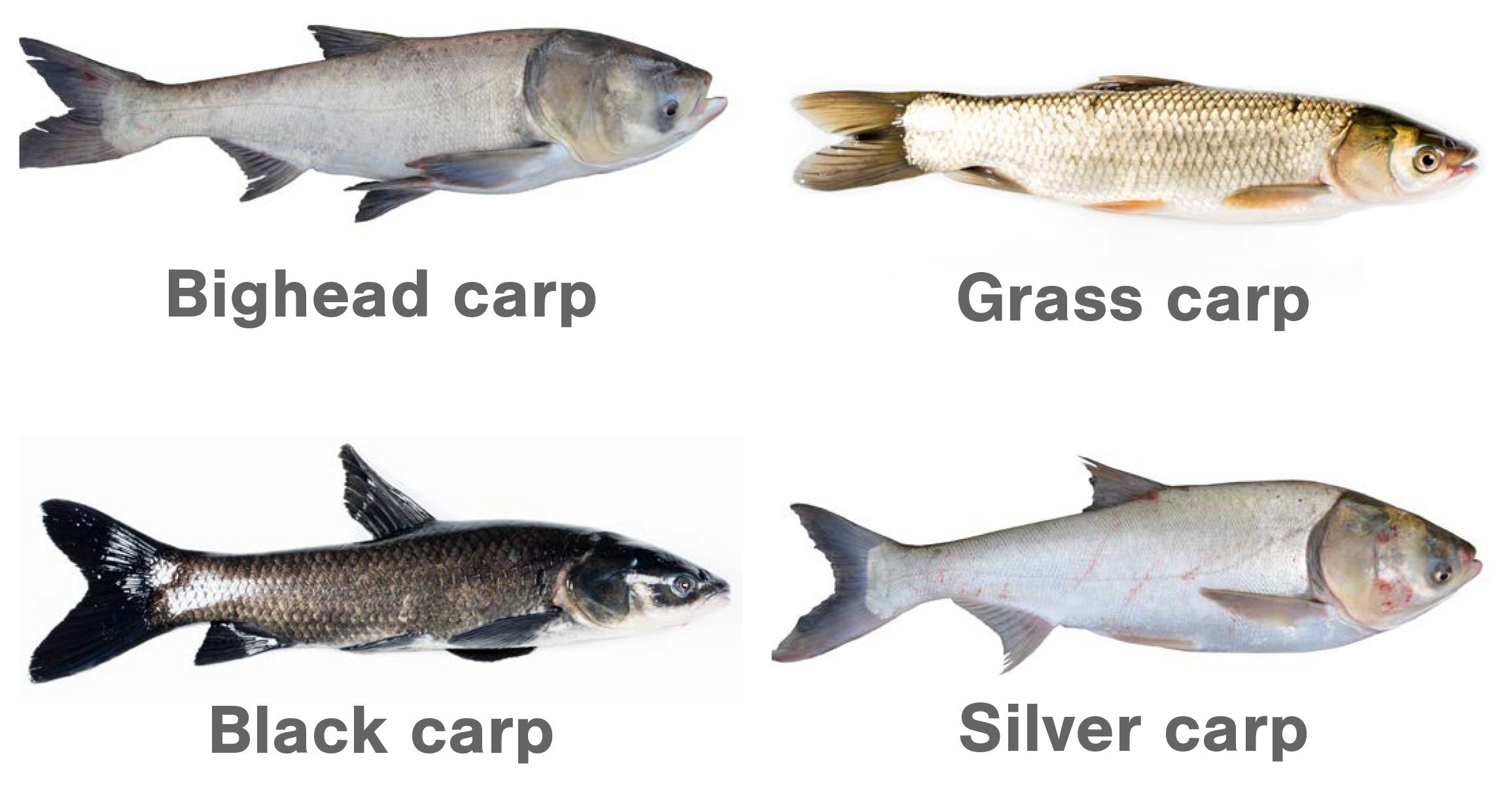The Federation has greatly expanded our ability to affect change through policy and grassroots advocacy in Tennessee, from conservation funding to water quality protections. This includes an issue our state has faced for years that is getting more attention than ever—Asian carp.
A major threat to Tennessee’s waterways, Asian carp consists of four quickly expanding, aquatic invasive species from Chinese river systems that were brought to the United States in the 1970s to help maintain ponds and tanks used for aquaculture. Floods and accidental transport by people (Asian carp are often mistaken for shad, a bait fish) quickly spread the fish from controlled reservoirs to our river systems.
Since then, Asian carp have become a serious threat to our aquatic ecosystems, recreation, and economy. They reproduce quickly, have no natural predators, devour food sources native fish need, devastate habitats, and threaten boaters’ safety.
Elected officials at the state and federal levels have collaborated with the Federation to help shape and pass bills and budget requests. Such legislation could provide the tools and funding to help remove Asian carp from our waters and prevent them spreading.
Outdoors enthusiasts in Tennessee are called to action to address this threat. Simple actions make a big difference, for example officials recommend individuals:
- Never move bait fish. Asian carp have a shad-like appearance and are easily mistaken for bait fish. Moving young Asian carp increases the chances of introducing reproducing carp to new areas.
- Report sightings of Asian carp with a photo or the fish itself, along with the location and date. In West Tennessee, report young Asian carp. In East Tennessee, report sightings of any kind. Simply call TWRA’s main fisheries office at (615) 781-6575.
- Call your elected officials, at both state and federal levels, and ask for funding to address the spread of Asian carp in Tennessee.
Continued vigilance ensures Tennessee waterways remain healthy for future generations.
Featured photo by Ryan Hagerty/U.S. Fish and Wildlife Service




